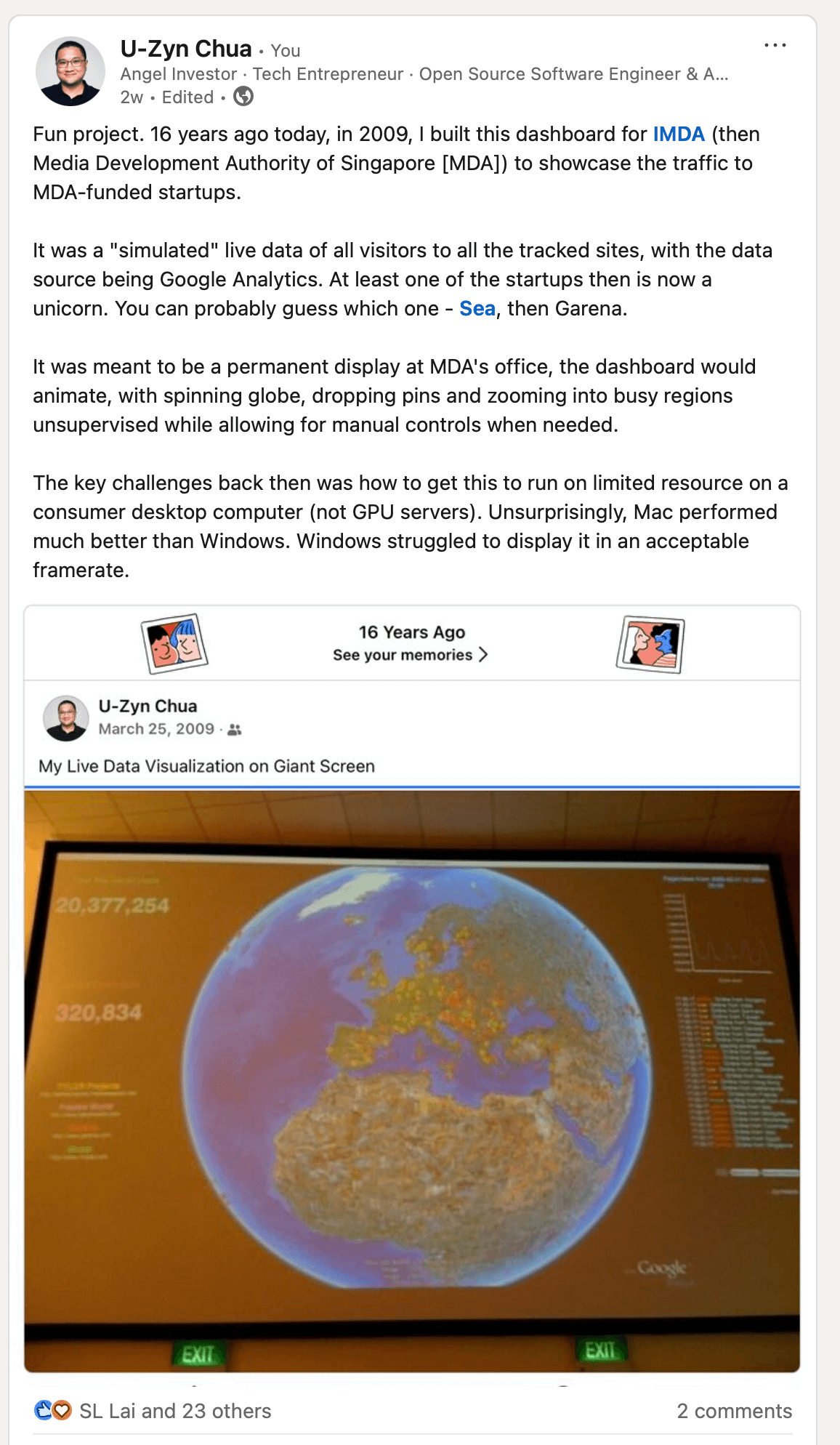Passkey Security CTF Challenge for TISC
October 25, 2025Back in June 2025, I submitted a security Capture-The-Flag (CTF) challenge for the annual The InfoSecurity Challenge (TISC) 2025, organized by Centre for Strategic Infocomm Technologies (CSIT), an agency in the Ministry of Defense of Singapore, and it revolves around Passkey.
I was lucky to have my challenge selected for TISC. TISC 2025 consists of 12 CTF challenges. My Passkey CTF challenge is 1 of the 3 community challenges that were accepted — with the remaining either developed internally by CSIT or developed/commissioned by CSIT-related entities. This nets me a cool $1000! :)




